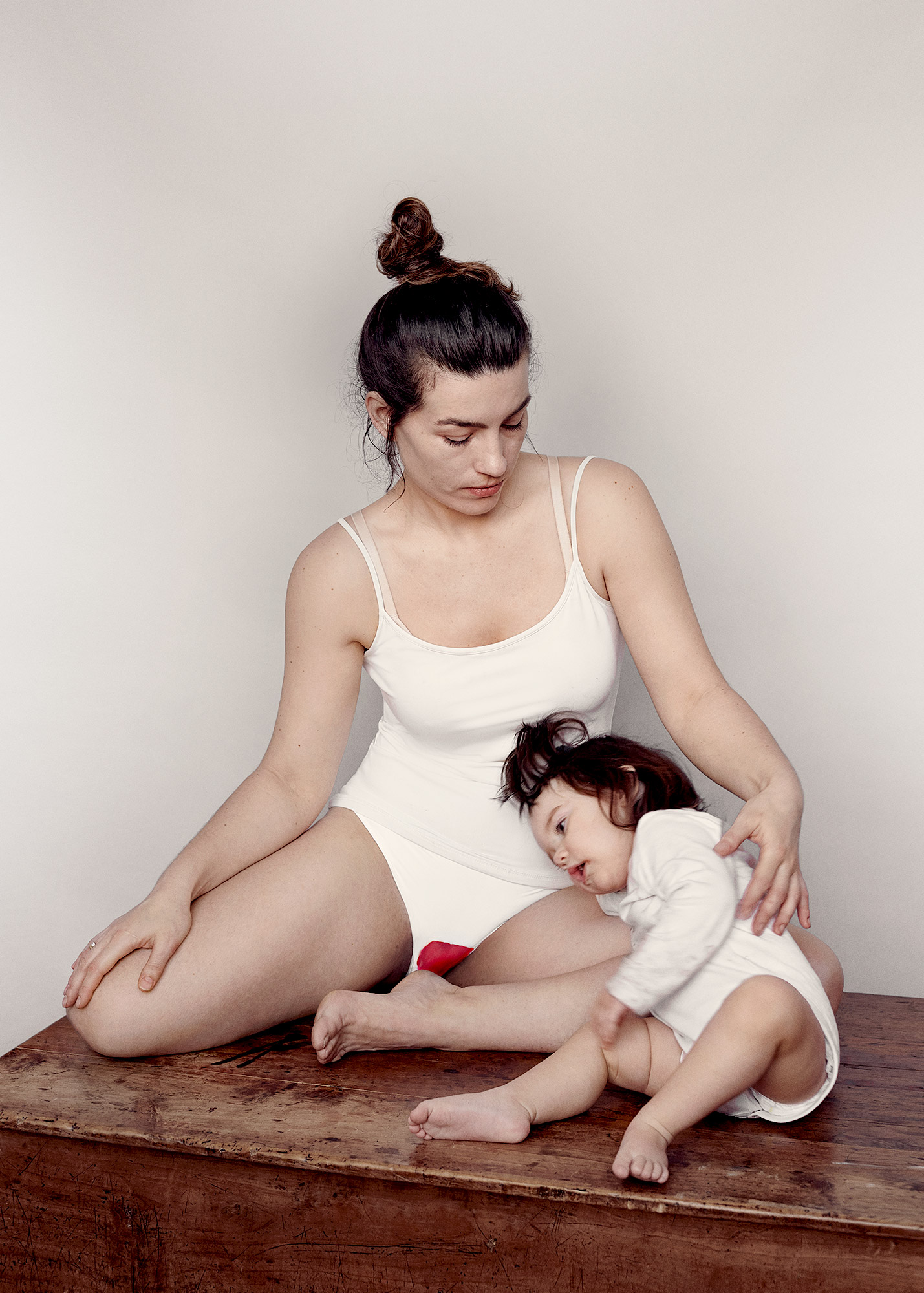
Photographer Asks Women To Strip To Their Underwear To Discuss Period Shaming Issues Across The World
A portrait photographer Sane Seven asks women to strip to their underwear in a social project that highlights the issues surrounding menstruation and the psychological effects of period shaming across the globe.
At birth, all girls take part in a lottery. Some are born to an educated couple in a free-thinking country that respects human rights. Others open their eyes in a small village somewhere in Africa, Southeast Asia or the Middle East where sexist laws and strict orthodox traditions still define gender roles.
This fact alone will determine the huge differences in the way these girls will develop sexually and psychologically. The less fortunate will experience the horrors of genital mutilation joining the estimated 200 million of other girls and women who were forced to undergo this ritual to earn social ‘honour’ and to prevent social exclusion. Others will be forced into child marriage or will face breast ironing procedures to stop their breasts from growing to prevent sexual harassment and rape. Even their monthly period will be a source of shaming if they reach that age unharmed psychologically or physically.
As natural as periods might be, all women across the world pay tax for it in one form or another. In developed countries, that tax comes in the form of the money spent on sanitary products. In less developed regions, women pay the same tax with their pride, dignity, health, and, in some cases, their lives.
A recent report from India has revealed that in the city of Bhuj, a teacher forced 68 female college students to strip to their underwear to inspect if they were not menstruating. This was justified by the local religious rules that disallowed menstruating women to go into temples or kitchens, touch other people, sit with others at mealtimes, or sit anywhere else but the back of the class. The inspection was to ensure young women were not breaking these rules.
A similar incident in India ended in suicide after a teacher humiliated a 12-year-old girl in front of her class for a period stain on her uniform.
Yet other reports indicate that thousands of young women in India had to undergo surgical procedures to remove their wombs removal to prevent menstruations that could hinder their chances of finding work as sugarcane harvesters.
These issues are not limited to faraway lands. The UK is still grappling with period poverty, and tampon tax issues. Reports show that 49% percent of girls have missed days in school because of periods, and a fifth of parents admitted they could not afford sanitary products for their girls. These problems still exist because of the stigma associated with this topic.
Sane Seven says, ’it has nothing to do with India or their culture but with a specific lack of education from the early days. I still remember how everyone laughed at one girl in my school in Lithuania after she had a leak that left a stain on the wooden bench. This experience was degrading not just for that girl but for all other girls who learned to associate periods with shame and public humiliation’.
‘In this project, we stand and bleed together with the girls across the world who have ever felt embarrassed, ashamed, or discriminated against because of their period. It is a topic that we must talk about even if we must strip to our underwear for the whole world to inspect if we are not breaking any more rules’.
‘All four of us grew up in different countries but, even as adults, we share the same embarrassing feeling standing with stained underwear in front of a camera. It is not because people would see us in the underwear but because there is a stain of blood that society taught us to be ashamed of at some point in our lives’.
Kelsey Rickards says, ‘even as adults we freeze in a social setting if we think we have a leak because of the fear of humiliating looks. If we don’t change our attitudes towards it, many millions of young girls go through this natural part of their sexual development thinking that it’s a curse’.
Fashion designer Alena Kudera adds, ‘I was nervous and uncomfortable when asked to take part. I knew this was just a temporary project and the bloodstains on the underwear were created using beetroot juice. However, I had a choice, unlike most of these girls who are put through the distorted and terrifying realities created for them’.
Marta Frackowiak, a doctor and a mother of the 1-year-old daughter Nel says, ‘people act as if it is uncomfortable to know that this bodily function is the reason why we all exist. This shame associated with the period is passed in silence from one generation to another and we must break that silence for the sake of our daughters.
Retoucher Simona Vaicyte adds, ‘While I could adjust the colour of beetroot juice to better match the reality, many girls will not be able to Photoshop their degrading experiences that will leave emotional scars for the rest of their lives’.
Throughout history, women had to prove their right to be treated with respect and dignity in almost all instances of life; from their right to vote, hold office, the right to education, birth control, and employment to the undergoing issues of the gender pay gap, sexism at work, breastfeeding in public, sexual harassment, and objectification where men feel they can ‘grab ‘em by the pussy’ and still become presidents of the once-respected country.
Even something as natural and private as a monthly period has become a matter of public scrutiny is many parts of the world. It may be too much to ask to celebrate this natural process of female fertility, but will women have to fight literally until the last drop of blood for the right of women and girls across the world to bleed with dignity?
Women strip their underwear to support girls and women across the world shamed for their periods
Portrait of Marta Frackowiak and her daughter Nel by Sane Seven
Portrait of Alena Kudera by Sane Seven
Portrait of Kelsey Rickards by Sane Seven
Sane Seven, self-portrait
655views
Share on Facebook
 Dark Mode
Dark Mode 

 No fees, cancel anytime
No fees, cancel anytime 


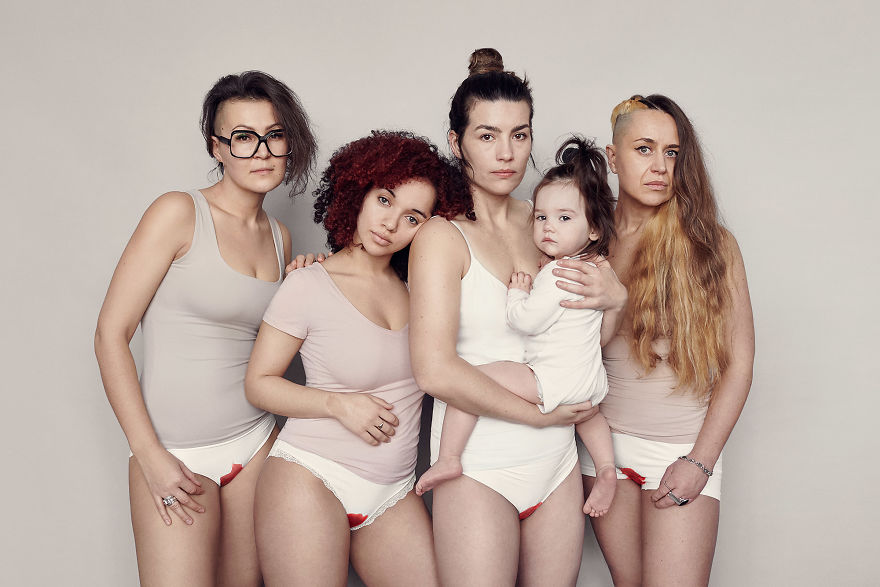
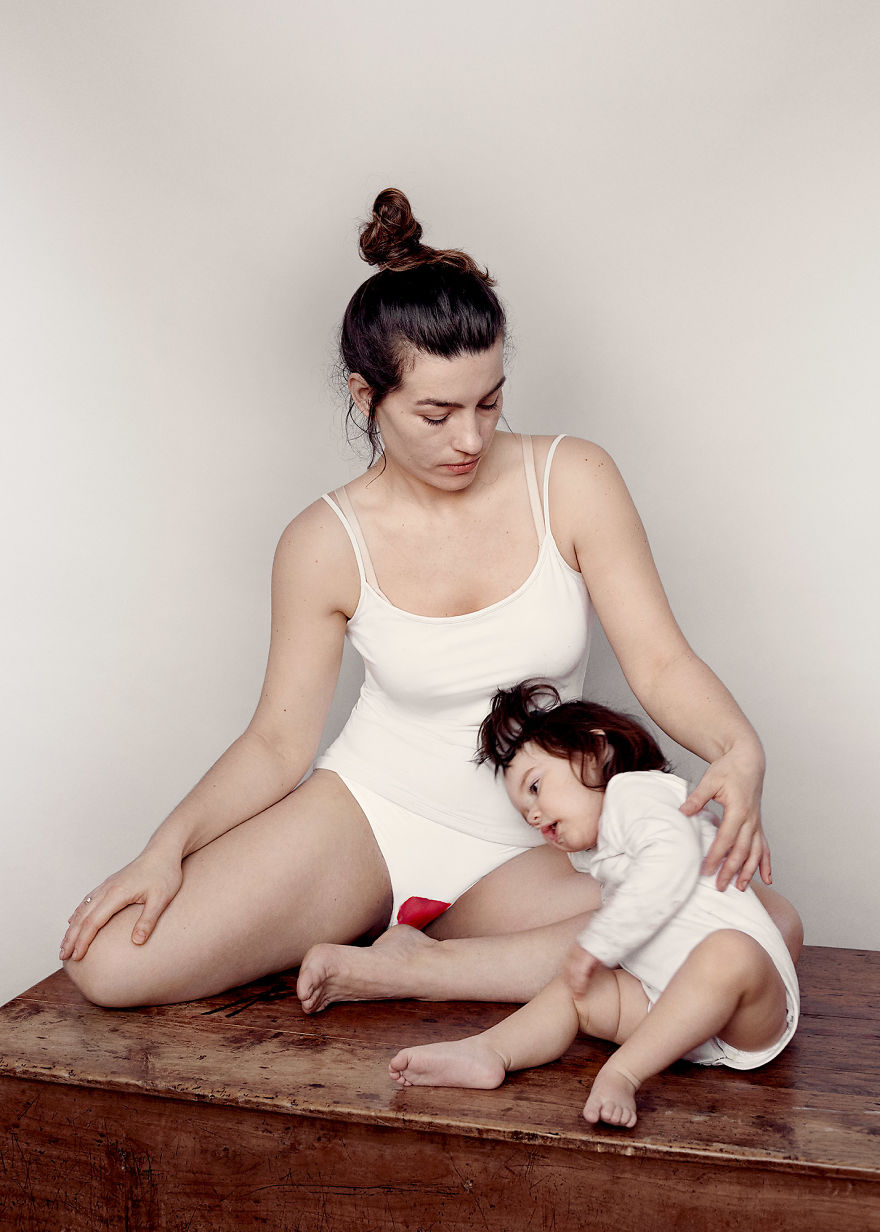
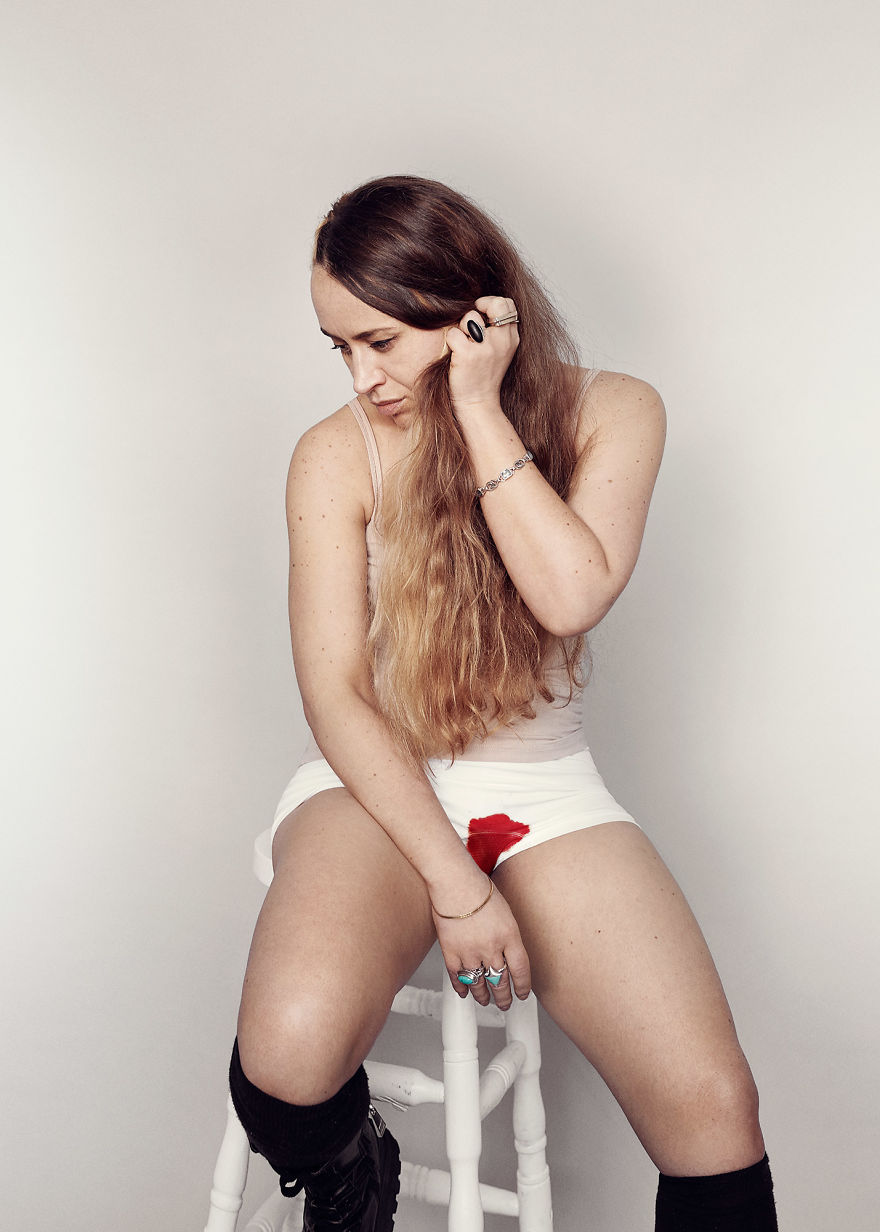






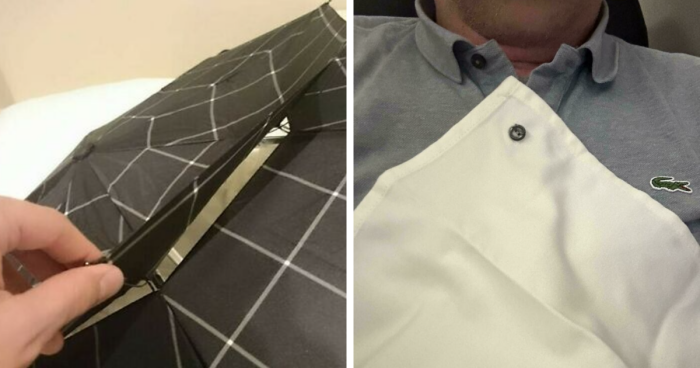




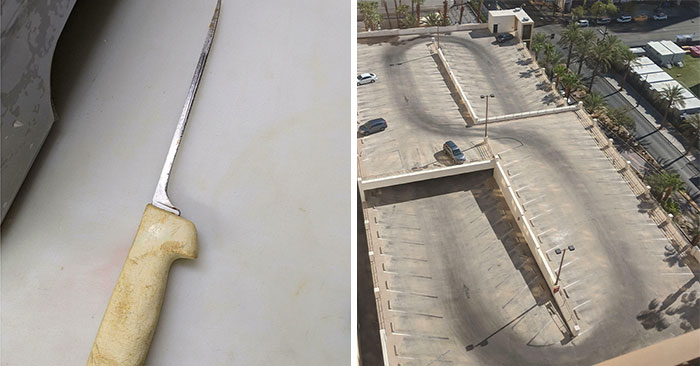





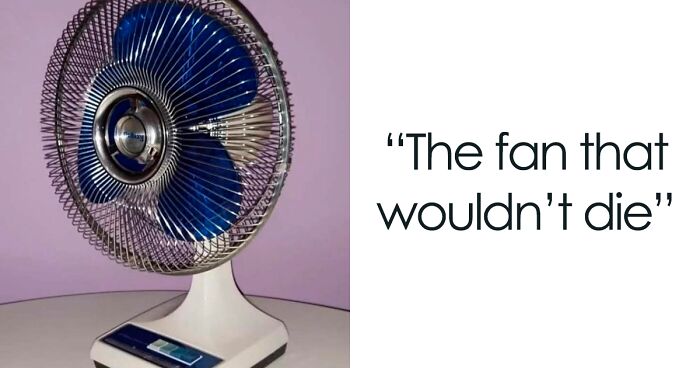

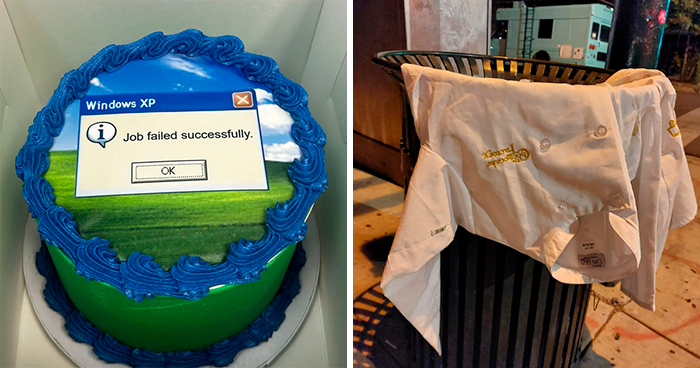

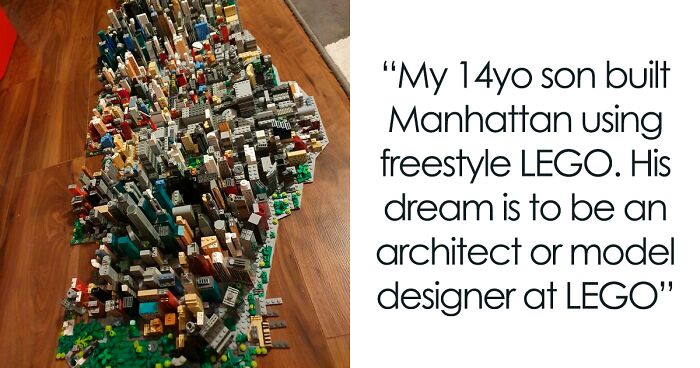



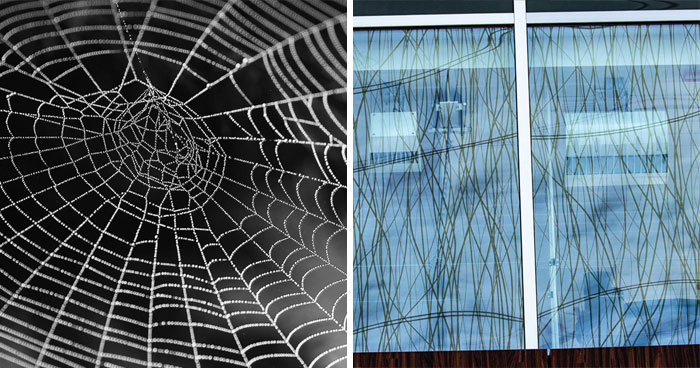
0
0